
TL-PS-500 PS Use in Seedling Trays and Food Containers
2024-08-08 15:08PS Use in Seedling Trays and Food Containers
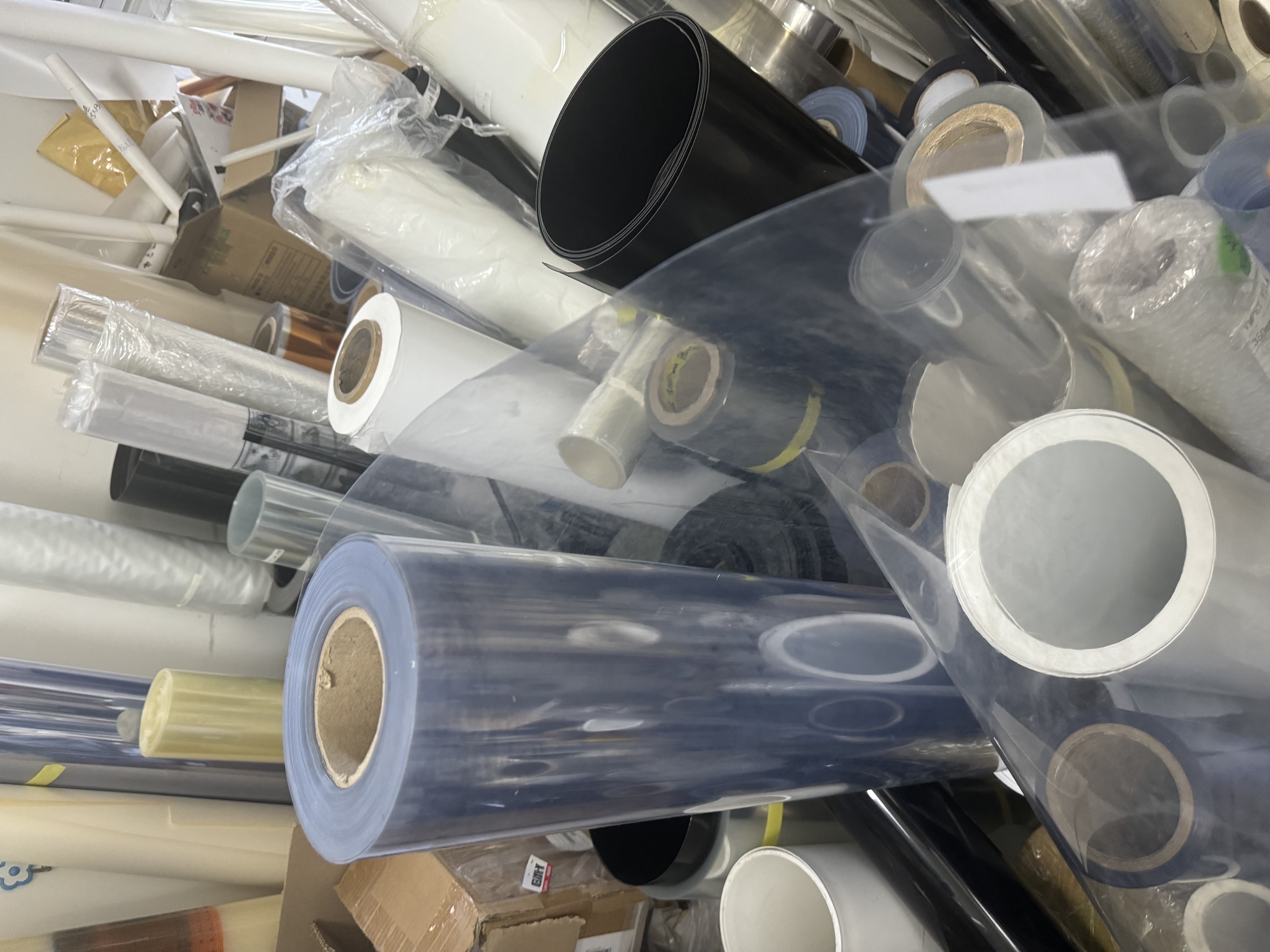
Polystyrene, or PS, is a quite serviceable and very widely applied plastic material: strong, hard, inexpensive, and it has a number of uses among which are seedling trays for horticulture and food containers in the culinary industry. The paper is a review of the benefits that bring, challenges, and sustainability issues when using PS in such applications.
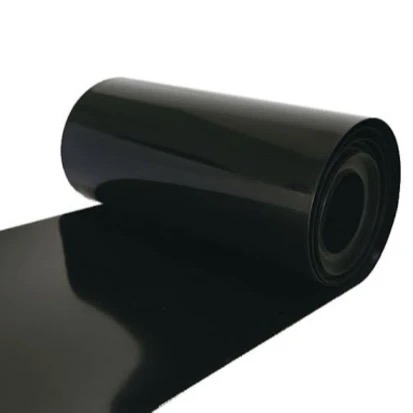
Seedling Trays
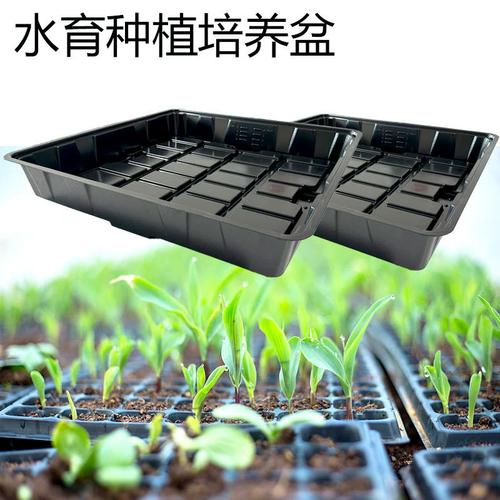
Gardening enthusiasts and producers are abuzz with polystyrene seedling trays. With these, it is possible to prepare them for direct planting into the ground once they are big enough. What this means basically is that the main advantages of PS seedling trays are:
1. Durability and Reusability: PS trays are hardy and often reused several times, hence a low-cost option both for gardeners and professional plant breeders.
2. Lightweight and Easy Handling: The light weight of PS makes these trays easy to move around and handle, particularly useful in large-scale operations.
3. Good Drainage: Most PS seedling trays have well-designed drainage systems, preventing waterlogging and thus promoting good root growth.
However, some disadvantages connected with the application of PS in seedling trays exist. Polystyrene is an non-biodegradable material. This may provoke environmental questions concerning its disposal since it will add to plastic wastes if not well disposed.
Food Containers
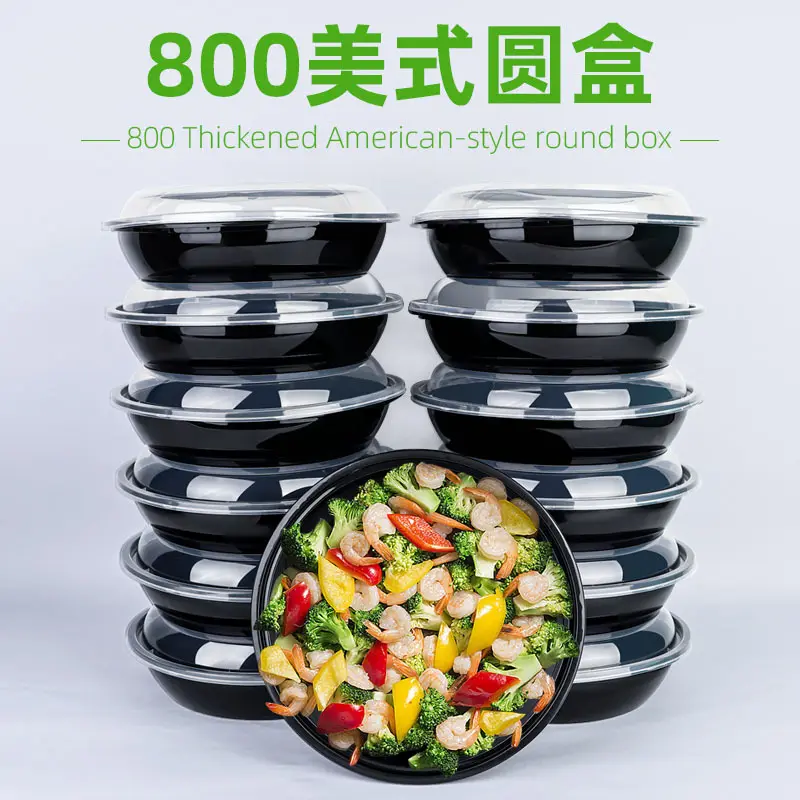
Polystyrene has also become very prominent in food containers, such as clamshells, cups, and plates. These containers are widely available in the food service sector because they can function as insulators against temperature changes and are cost-effective. Among many others, some of the advantages of PS food containers include:
1. Insulation: PS containers keep temperatures of both hot and cold foods to their optimum, thus giving every food the maximum consumption time at a desired temperature by retaining the heat or coldness of the contents while they are being transported and consumed.
2. Cost-Effective: PS is not that expensive to produce, hence quite an affordable product both to the manufacturer and the consumer.
3. Lightweight and Convenient: The container is light and does not burden one while carrying it; hence, it can easily be used for take-out and delivery services.
Despite such benefits, PS food containers are highly criticized because of their negative impact on the environment. Polystyrene is normally non-recyclable and usually goes to landfills or becomes street litter, thus contributing to environmental pollution. Besides, there are health concerns over the leaching of chemicals from PS containers into food, and the particular uses are when food is hot or when the food is acidic.
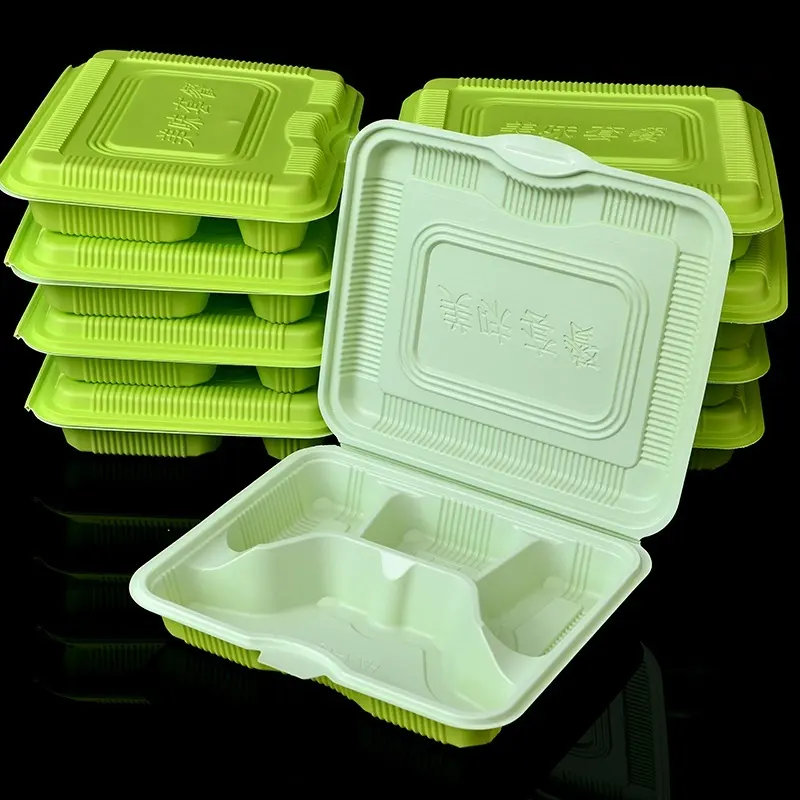
Sustainability Considerations
Polystyrene, in seedling trays and food containers, is a dilemma of practicality vs. greenness. Several measures can adapt to dealing with the concern at hand:
1. Recycling Initiatives: Improving infrastructure for recycling and encouraging the recycling of PS products will lessen the impact on the environment. Bringing consumer education on the proper methods of disposal is also an important part in this regard.
2. Biodegradable Alternatives: Research and Development in biodegradable/compostable alternatives to PS will give more sustainable solutions for seedling trays and food containers. Reduction and Reuse reduce plastic waste by encouraging a decrease in single-use PS products and increasing the re-use of robust items.
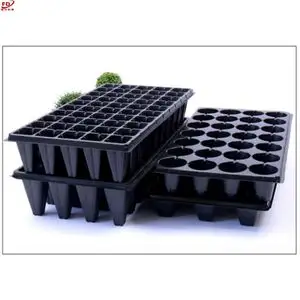
Conclusion
Due to the beneficial properties it possesses, polystyrene has high demand in the manufacture of seedling trays and food service containers. It cannot, however, turn a blind eye to the impacts it causes on the environment. The merits that PS brings have to be weighed against sustainable solutions that will lessen its eco-impact. Reused, developed from alternatives, and promoted as a reusable material, PS could further continue serving both industries for practicality while shifting toward a more sustainable future.
